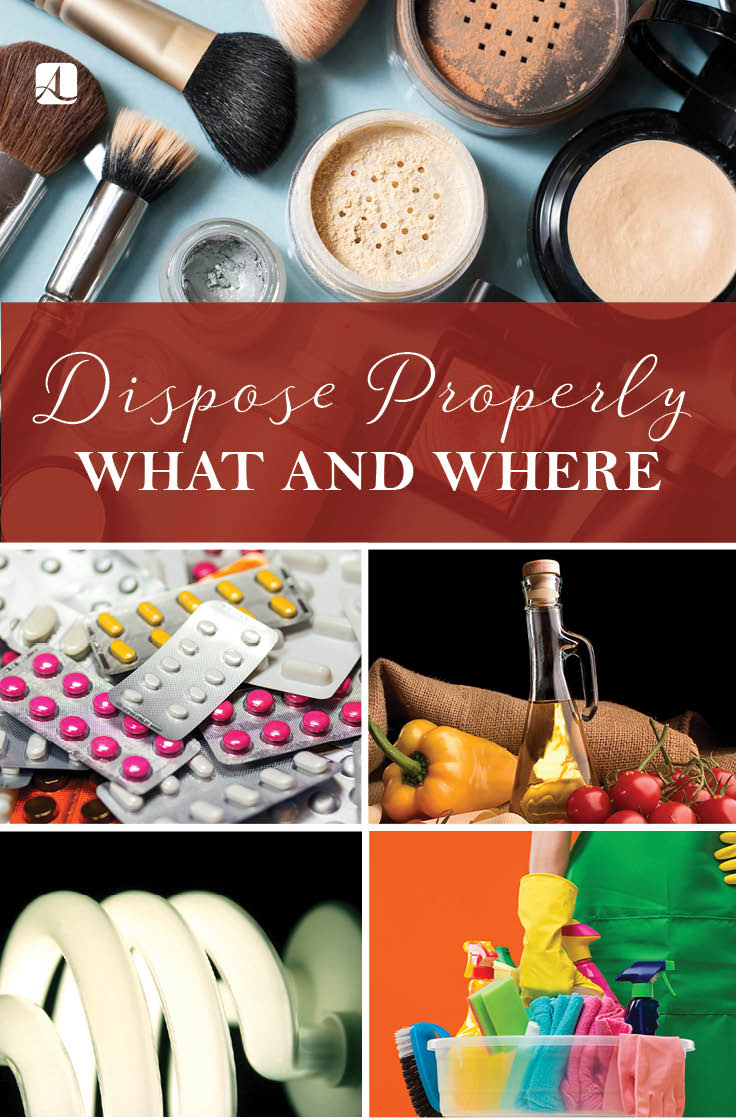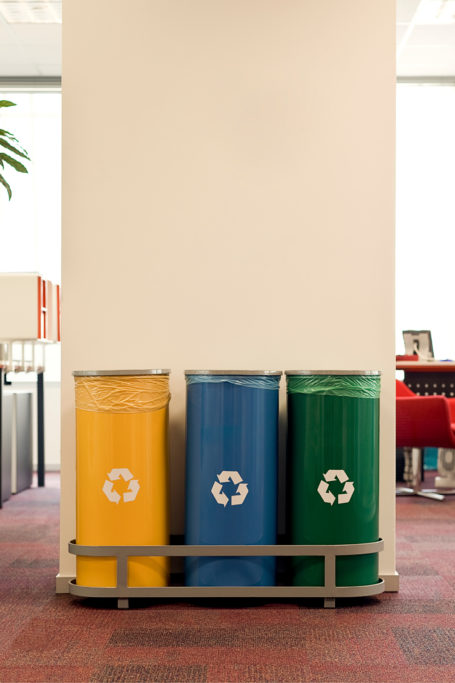Think Before Trashing These 5 Household Items
Whether you’re cleaning out the garage or are tidying up after dinner, some common household items have very specific disposal requirements that you may not be aware of. In fact, the improper disposal of some of these items can release toxic materials into the environment, which are harmful for people, wildlife, and the planet.
Before you take the trash to the curb, brush up on this list of common household items and how to safely dispose of them.

Cooking oil
Oil should never go down the drain because it can clog plumbing. Rather, wait for the cooking oil to cool slightly and then pour it into a sealable container. You can reuse the oil or simply throw the container in the trash. You can also check if your town has a local hazardous waste collection site that accepts cooking oil.
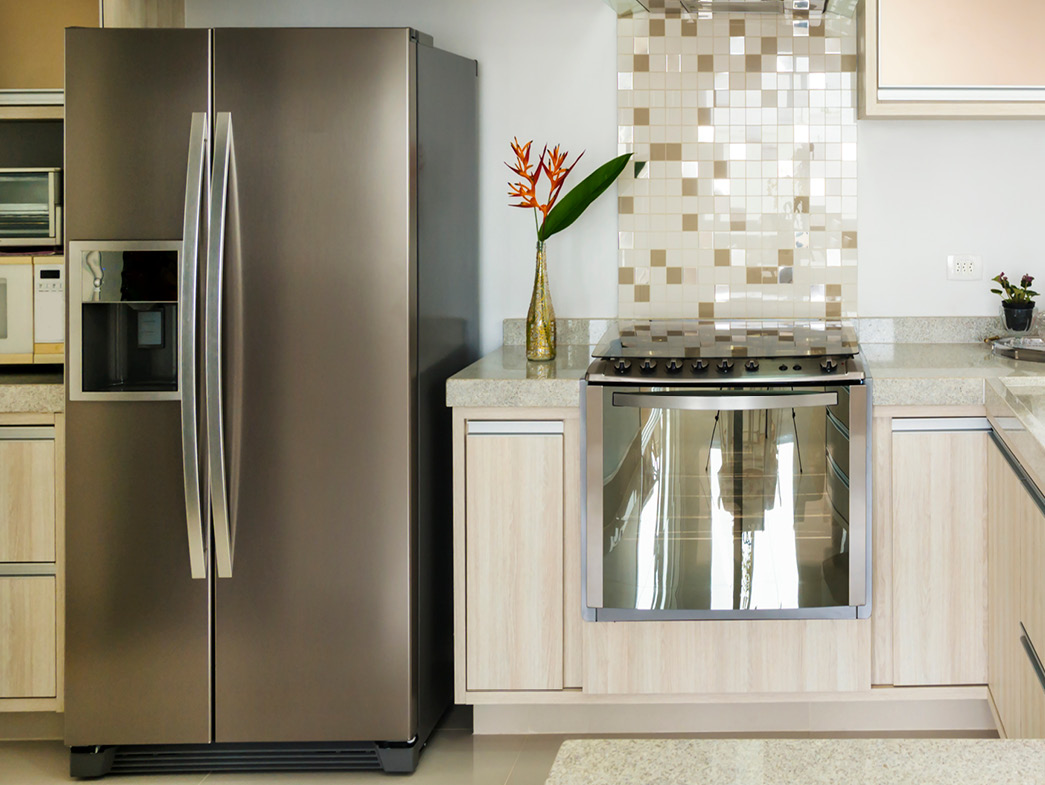
Refrigerated household appliances
According to the Environmental Protection Agency, refrigerated household appliances like refrigerators, freezers, and air conditioners contain refrigerants that are greenhouse gases. If released, these gases can contribute to global climate change. Check with your electricity provider, local retailers, and your municipality for environmentally responsible disposal options for these items.
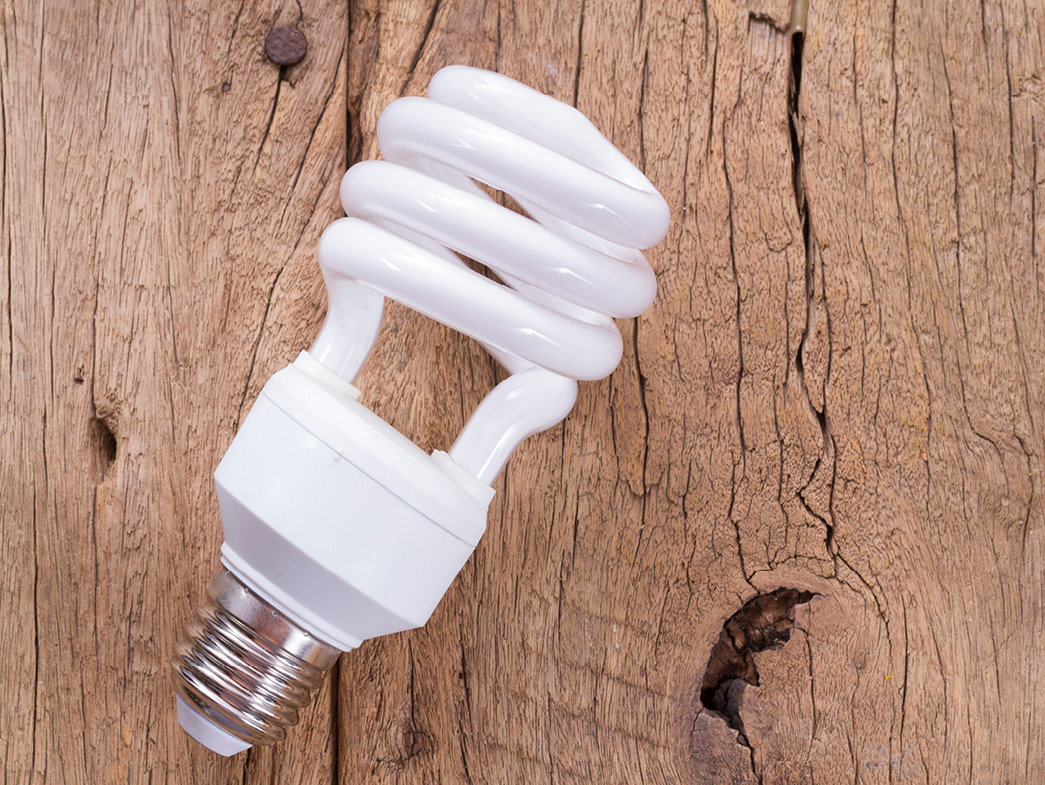
Compact fluorescent lightbulbs
CFLs may be energy efficient, but they also contain toxic mercury. According to the Environmental Protection Agency, to recycle them properly you can contact your local waste collection agency, ask local retailers (like hardware stores) if they have a recycling program, or inquire about mail-back services through the light bulb manufacturer.
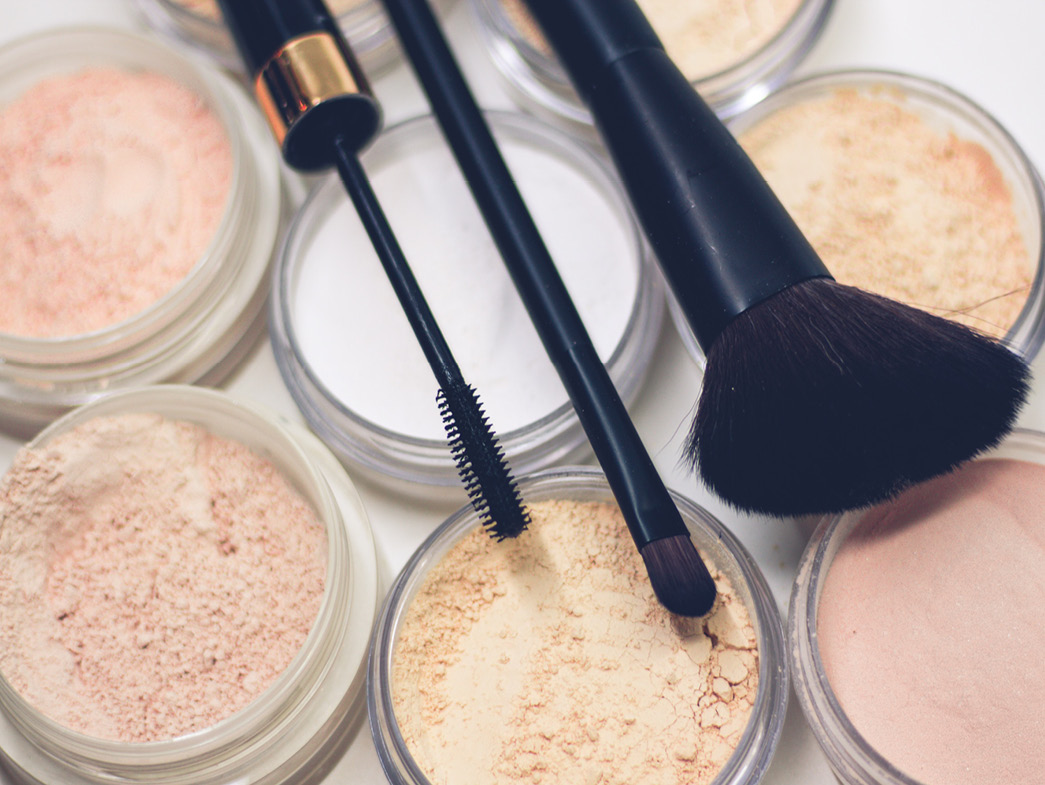
Cosmetics
Expired cosmetics should be removed from their containers and placed in sealed containers for disposal. To recycle the packaging, contact your local recycling center, ask makeup retailers if they have a recycling program, or inquire about mail-back services through the cosmetic company.
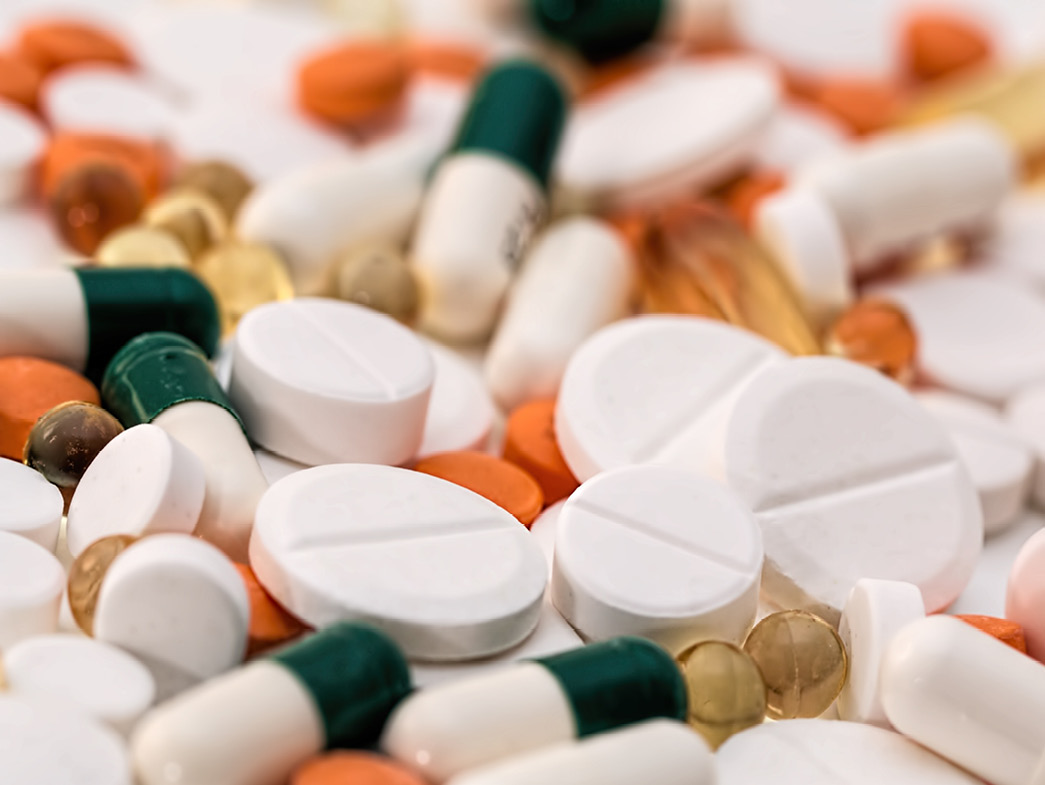
Medications
Over-the-counter and prescription medications can be recycled at pharmaceutical take-back programs offered at locations such as hospitals, pharmacies, and law enforcement agencies. For more information on how to find a take-back program in your area, visit takebackday.dea.gov.
























